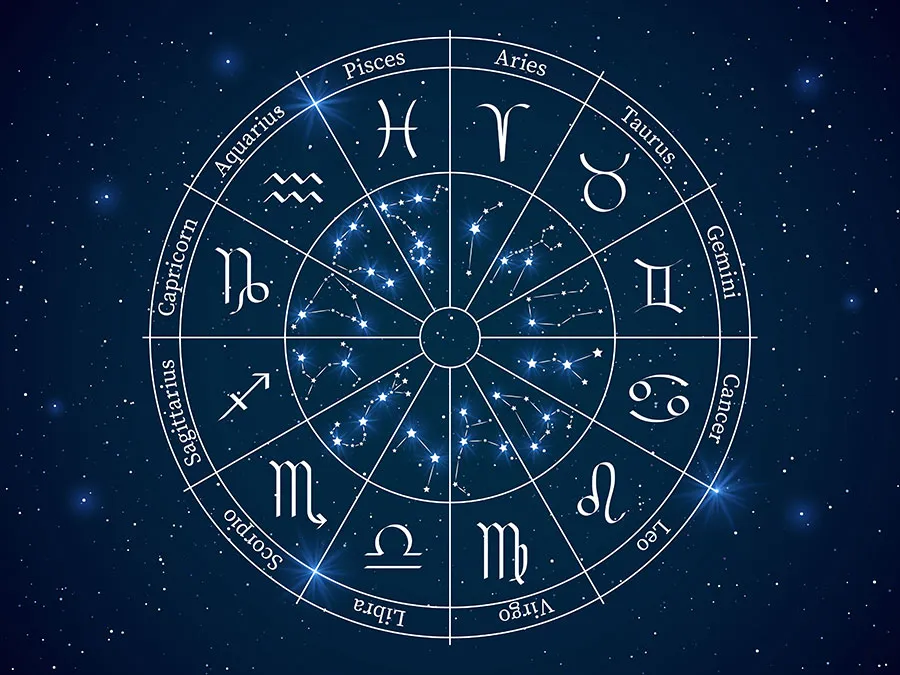What is Astrology?
Basically, astrology is a method of divination, which is used to predict the future of humans and the planets. It involves interpretation of the Sun, the Moon, fixed stars, and planetary positions. Some forms of astrology claim to be able to predict personality traits and relationships. Other forms posit that stars reveal the will of God.
Astrology has been practiced by many cultures throughout history. During the ancient Mesopotamia, for example, celestial omens were used to predict upcoming events. Astrology also developed in Rome, where Chaldean wisdom was widely used. In the 7th century, the Islamic conquest of Alexandria prompted scholars to adopt astrology. In the medieval period, astrology was considered to be a science. Many major astronomers practiced as court astrologers.
Astrology is not an exact science like astronomy. Although astrologers can use scientific knowledge to analyze the positions of heavenly bodies, the idea that astrology can predict human behavior has not been fully tested. Scientists tend to test ideas and reject them if they do not seem to be supported by evidence. Scientists may use astrology to analyze trends and events and to predict the future. Astrology can be used to make predictions about national and international affairs. Astrology can also be used to categorize people based on their personality. Astrology can also be used to give advice to people, but only if the astrologer is a professional.
In ancient Mesopotamia, astrologers presupposed that stars were fixed and geocentric. The movement of stars was regarded as the governing force in the elemental world. In addition, they believed that spirits were good, matter was evil, and that the soul was free to choose between good and evil. Ultimately, their ultimate goal was emancipation from the astrologically dominated material world.
Astrology has various forms, but they all share one common feature. They each focus on the natural world. Astrology, like numerology, combines the positions of planets and signs with other elements. For instance, water signs represent mysticism, while fire signs represent passion. Earth signs represent practicality, materialism, and intellect. And air signs represent communication, social relationships, and emotional expression.
Astrology is a complex subject. There are many different systems of astrology, and each system has different rules for measuring planets. Some use dwarf planets, such as Ceres, while others use asteroids. Astrologers also use different methods of measuring planets, including the use of star charts, which show the current position of the planets and indicate which sign they are in.
There are many variations of astrology, from ancient to modern. The most common forms are Vedic astrology, Chinese astrology, Tibetan astrology, and Hindu astrology. Astrology has a long history, and it continues to be practiced by various eastern cultures. The main goal of astrology is to explain the natural world. It can be used to categorize people, predict personality traits, and give advice.
In modern astrology, the houses are divided into 12 slices, each of which is associated with a specific sign. The ascendant, or rising sign, speaks to the person’s strategy for making his way in life. Each slice also speaks to different aspects of the person. A person born under the sign Cancer is emotional, artistic, and intelligent. He may also be a quick thinker, loyal, and nervous. Similarly, a person born under the sign Gemini can be indecisive, quick-witted, and adaptable.












